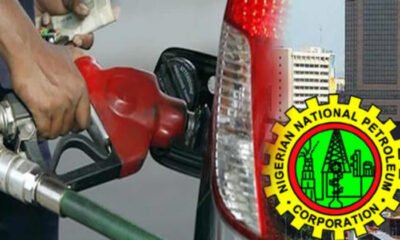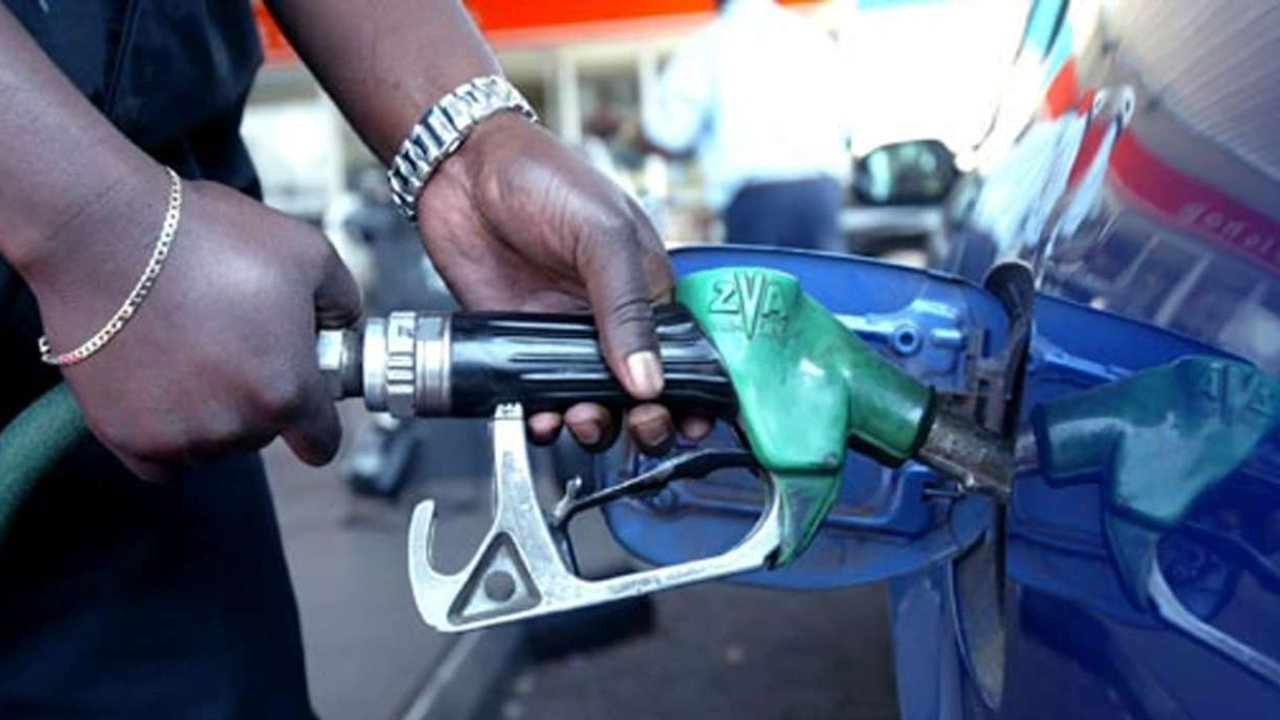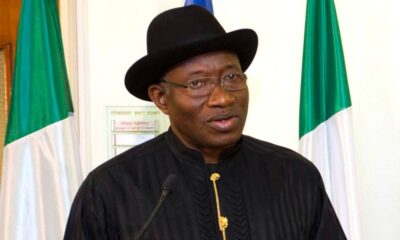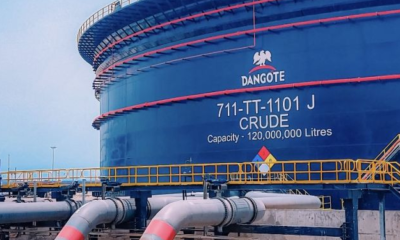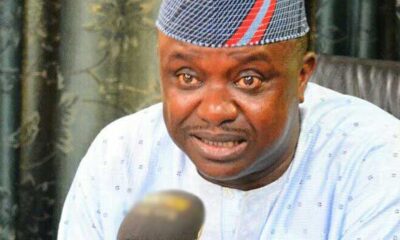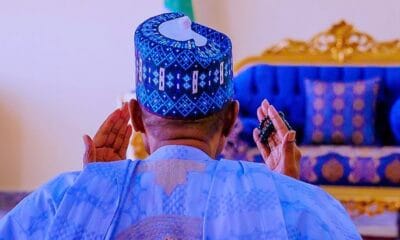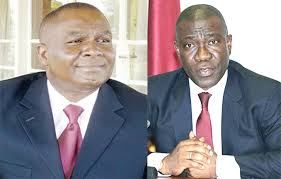Breaking News
How I Pressured Late President Buhari To Hike Fuel Price – Kachikwu
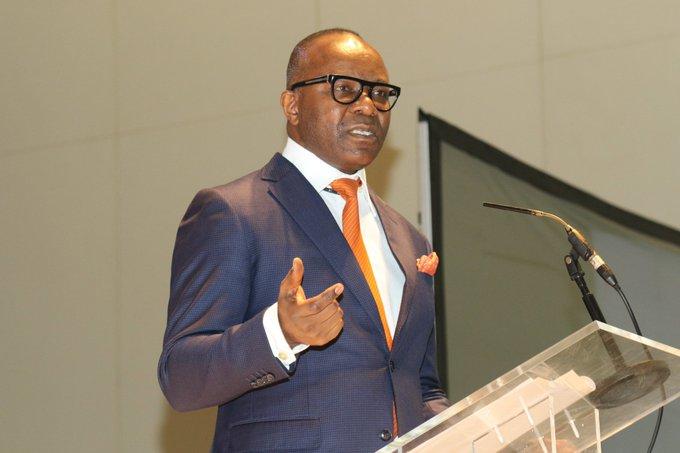
Former Minister of State for Petroleum Resources, Dr Ibe Kachikwu, has recounted how the late President Muhammadu Buhari reluctantly allowed him to adjust petrol pump prices during his tenure, warning that he would be sacked if the policy failed.
Kachikwu, who served between 2016 and 2019, made the disclosure on Monday during a business mentorship lecture series organised virtually by the Nigerian Content Development and Monitoring Board (NCDMB).
According to him, persistent fuel scarcity and subsidy fraud forced him to repeatedly push for price adjustments, even as Buhari resisted due to his populist posture.
“I went to the President very many times, and I said, ‘Look, I need to move up on price.’ He resisted that very much because of his populist-type position.
“Eventually, he said, ‘Okay, you know what? I’ll leave you to take the risk. If you take the risk and it works, fine. If it doesn’t work, I fire you.’ That’s all well and good for me. And I did,” Kachikwu revealed.
The former minister explained that he introduced a policy he termed ‘price modulation’, which allowed petrol prices to reflect international market realities.
“That singular price adjustment removed the subsidy. There was no more subsidy. And within 48 hours, magically, every queue in the country stopped. It never happened again until I left. So, that was how I could, at least, sleep better, and the government was willing to make more money,” he added.
Recounting his days as Group Managing Director of the Nigerian National Petroleum Company (NNPC) in 2015, Kachikwu said the greatest challenge was the long fuel queues that paralysed economic activities.
“The greatest challenge that I had when I resumed as GMD was the issue of long queues at petrol stations. Very few Nigerians realise how much of a traumatic experience it is for a minister or a GMD, who’s committed, to get up in the morning and find out the whole country is grounded,” he said.
Kachikwu explained that despite working with customs and security agencies, much of the subsidised petrol continued to be smuggled across Nigeria’s borders, making scarcity inevitable.
He also disclosed that he inherited billions of naira in subsidy arrears but refused to pay because the claims were unverifiable.
“We didn’t pay the arrears of subsidy because my position was that I could not audit the transparency of the subsidy claims. So, I preferred not to deal with those issues,” he stated.
Tinubu’s Subsidy Removal ‘Inevitable, But Incomplete’
Commenting on the subsidy removal policy of President Bola Tinubu, Kachikwu said it was unavoidable but argued that it should have been backed by concrete plans.
“Subsidy removal was inevitable, but it should have been accompanied by clear plans for refineries, infrastructure, transporters, and oil-producing communities,” he said.
According to him, for subsidy removal to succeed, government must link it with visible reforms that cushion the impact on ordinary Nigerians.

